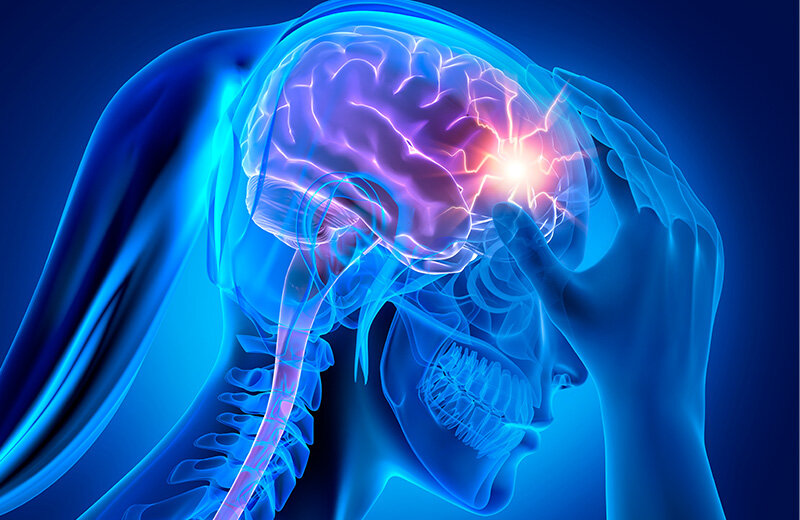Migraines are a type of headache that can be debilitating and significantly impact quality of life. While the exact cause of migraines is not fully understood, it is believed that magnesium may play a role in their development and treatment. Here are some ways in which magnesium may help with migraines:
- Regulation of neurotransmitters: Magnesium is involved in the regulation of neurotransmitters, which are chemicals in the brain that are involved in the transmission of signals between nerve cells. Abnormal neurotransmitter levels can contribute to the development of migraines, and magnesium supplementation may help regulate neurotransmitter levels, potentially reducing the frequency and severity of migraines.
- Reduction of inflammation: Inflammation in the brain and blood vessels has been linked to the development of migraines. Magnesium has been shown to have anti-inflammatory effects, and supplementation may help reduce inflammation in the brain and blood vessels, potentially reducing the frequency and severity of migraines.
- Relaxation of blood vessels: The relaxation of blood vessels is an important aspect of migraine treatment, as constriction of blood vessels is thought to contribute to migraine development. Magnesium has been shown to have vasodilatory effects, meaning that it can relax blood vessels, potentially reducing the frequency and severity of migraines.
Several studies have suggested that magnesium supplementation may be beneficial for people with migraines. One study found that magnesium supplementation was associated with a reduction in the frequency and severity of migraines in adults. Another study found that magnesium supplementation was associated with a reduction in the frequency of migraines in children and adolescents.
While magnesium supplementation may be beneficial for some people with migraines, it is important to note that these supplements should not be taken in excess. Taking too much magnesium can have negative health effects, such as gastrointestinal upset, diarrhea, and nausea. It is important to talk to your doctor before starting any supplement regimen to determine the appropriate dosage and ensure that it is safe for you.
Additionally, it is important to note that while magnesium supplementation may be beneficial for some people with migraines, it should not replace other treatments such as medication, therapy, or lifestyle changes. A comprehensive treatment plan that addresses all aspects of migraines is generally the most effective approach. If you suffer from migraines, it is important to work with a qualified healthcare professional to develop a treatment plan that is tailored to your individual needs.


